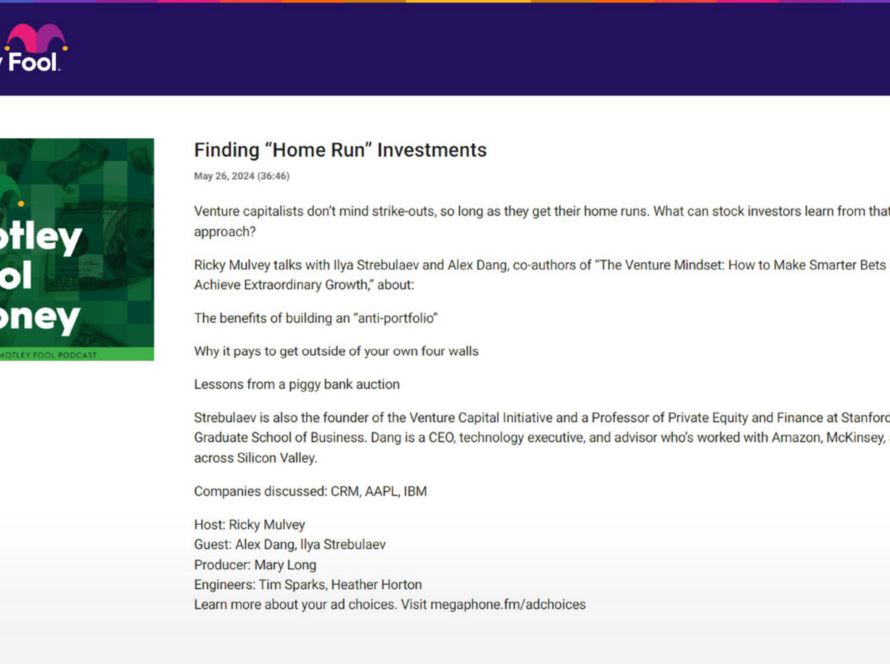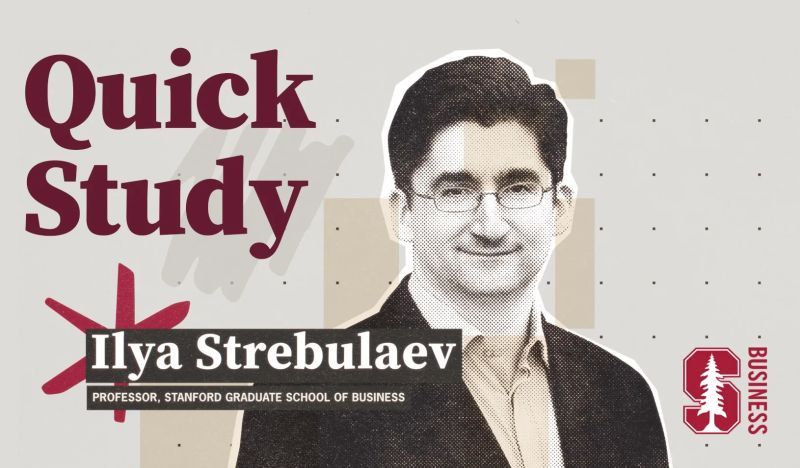Two years ago, we conducted a major study of large US Corporate VCs (CVCs), with a lot of surprising results. Amanda Wang and I have now expanded to cover 164 US and Global CVCs. These CVCs represent three out of every four CVCs among all the S&P 500 companies and over one out of three large global CVCs.
One of the surprising – and disturbing – outcomes is the short-term nature of corporate parent – CVC relationship. Over half of all CVCs have a very short-term planning horizon, less than two years. Many CVCs are evaluated on a quarterly basis. Only a quarter of CVCs have the horizon over five years.
US companies reveal more short-term attitudes: 67% of US companies give their CVCs short-term objectives compared to 45% of global non-US companies and only 15% have long-term objectives (35% globally).
All this evidence is in stark contrast to the patience you need as a startup founder, employee, or an investor. It is also in stark contrast to the way institutional VCs are setup.
Here is a quote from one of our study participants, head of a large consumer CVC: “This is where CVC is so funny to me because to really do true innovation, you have to have a super long-term horizon, but in reality, we have a super short-term horizon. The long term is sacrificed for those short-term needs.”
Do parents shoot themselves in the foot with short-termism?
This research has been done with support of the Venture Capital Initiative at the Stanford University Graduate School of Business.


